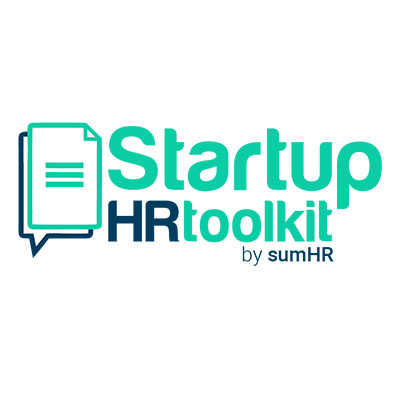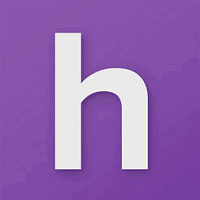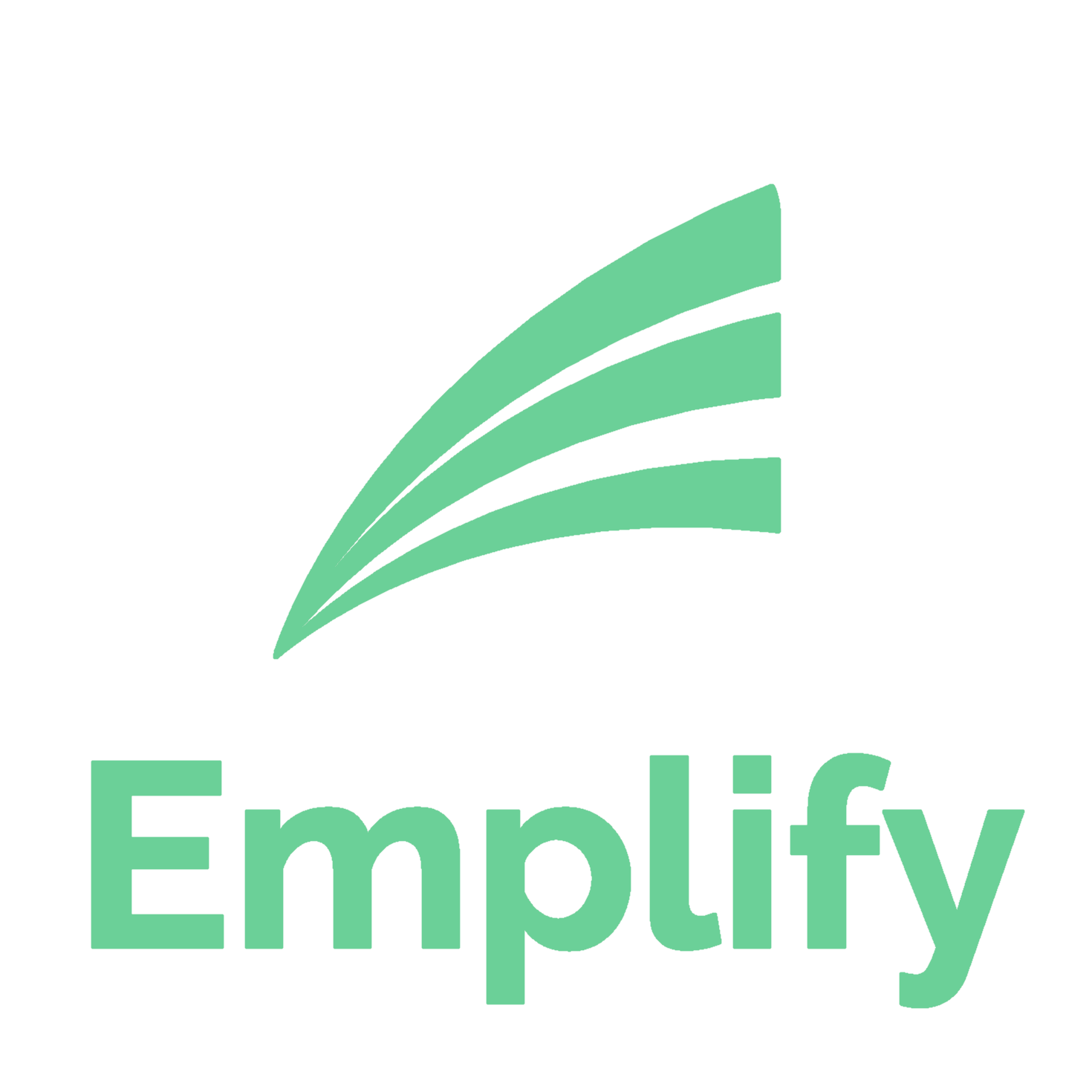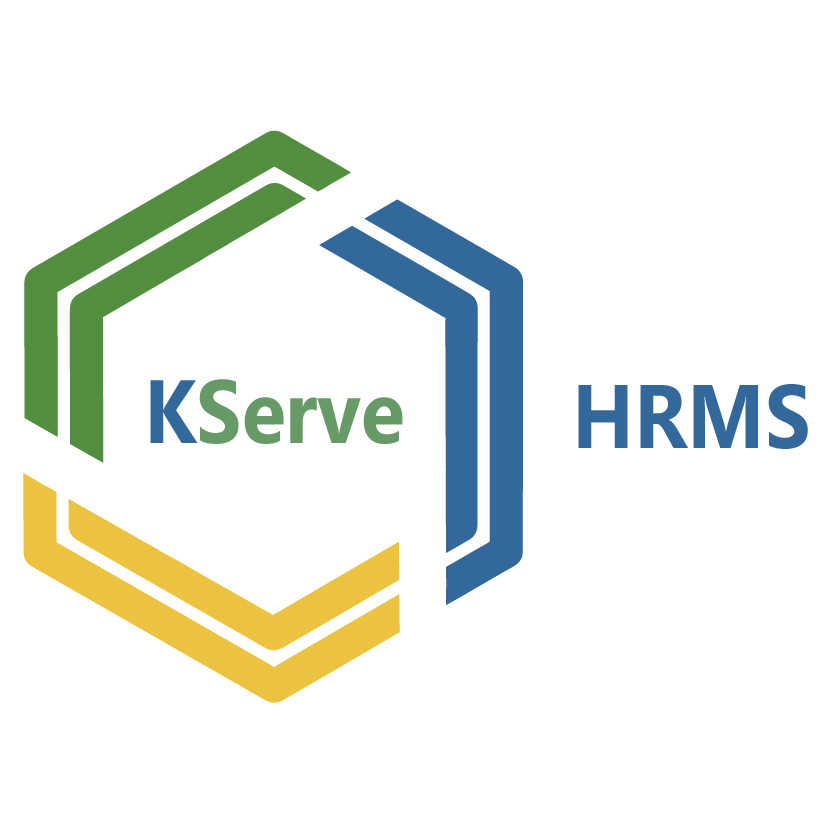Description

HRweb

StartupHR Toolkit
Comprehensive Overview: HRweb vs StartupHR Toolkit
To provide a comprehensive overview of HRweb and StartupHR Toolkit, we need to explore their primary functions, target markets, market positioning, and differentiating factors.
HRweb
a) Primary Functions and Target Markets
- Primary Functions:
- HRweb is an HR software solution designed to streamline HR processes for businesses. It offers features like applicant tracking, employee performance management, time and attendance tracking, and reporting tools. Its aim is to automate administrative tasks and provide analytics to improve HR efficiency.
- Target Markets:
- HRweb primarily targets small to medium-sized enterprises (SMEs) looking for affordable and scalable HR solutions. Its ease of use and cost-effective pricing attracts growing businesses that need to manage their HR processes more efficiently without investing in large-scale HR systems.
b) Market Share and User Base
- Market Share:
- HRweb is positioned within the competitive HR technology market, catering mainly to SMEs. It holds a modest market share as there are numerous competitors, ranging from niche players to large enterprises like BambooHR, Zenefits, and others.
- User Base:
- The user base mainly consists of SMEs from diverse sectors looking for comprehensive but uncomplicated HR solutions.
c) Key Differentiating Factors
- Affordability: Cost-effective compared to enterprise solutions.
- Simplicity: User-friendly interface that accommodates businesses without dedicated HR staff.
- Comprehensive Features for SMEs: Balances essential HR functionalities with ease of integration and implementation.
StartupHR Toolkit
a) Primary Functions and Target Markets
- Primary Functions:
- StartupHR Toolkit offers a collection of HR documents, templates, and resources designed to help startups and entrepreneurs manage HR efficiently. These include employee handbooks, job descriptions, performance review templates, and more.
- Target Markets:
- The toolkit primarily targets startups and new businesses that require scalable and high-quality HR resources without hiring a full HR team. It's particularly beneficial for companies in their early stages needing quick access to HR standards and documents.
b) Market Share and User Base
- Market Share:
- While StartupHR Toolkit operates in a niche within the HR support services, it has carved out a space by providing specialized resources for startups. It competes more on the basis of content richness and relevance than on conventional market share metrics.
- User Base:
- Predominantly early-stage startups and small companies across sectors, often in tech and innovation-driven industries.
c) Key Differentiating Factors
- Focus on Startups: Curation of resources specifically targeting the unique HR challenges faced by startups.
- Comprehensiveness of Resources: Offers a wide array of ready-to-use documents tailored for immediate implementation.
- Ease of Use: Simplifies the HR setup process for companies without dedicated HR personnel, allowing them to focus on their core business objectives.
Comparisons and Summary
-
Comparative Overview:
- HRweb focuses on providing a software solution to automate and manage various HR tasks, specifically for SMEs, while StartupHR Toolkit offers practical resources for startups without a dedicated HR focus.
- HRweb targets businesses ready for digital HR transition at affordable pricing, whereas StartupHR Toolkit appeals to startups needing immediate access to HR documentation without the overhead of full HR software.
-
Positioning:
- HRweb competes on software capabilities and integration within smaller businesses, while StartupHR Toolkit emphasizes cost-effective, comprehensive HR documentation for new businesses.
These two products, though catering to different aspects of HR needs, both address the challenges faced by growing businesses in effectively managing their human resources. While HRweb is technology-focused, StartupHR Toolkit is resource-oriented.
Contact Info

Year founded :
Not Available
Not Available
Not Available
Not Available
Not Available

Year founded :
2019
+91 77100 46494
Not Available
India
http://www.linkedin.com/company/startuphr-toolkit
Feature Similarity Breakdown: HRweb, StartupHR Toolkit
When comparing HRweb and StartupHR Toolkit, both tools serve the HR needs of small and medium-sized businesses, but they do have some differences in terms of features, user interfaces, and unique functionalities.
a) Core Features in Common:
-
Employee Management: Both platforms offer tools for managing employee records, including personal information, work history, and performance data.
-
Recruitment Tools: They provide functionality to streamline the hiring process, including job postings and applicant tracking.
-
Performance Management: Tools for evaluating employee performance, setting goals, and conducting appraisals are available in both solutions.
-
Document Management: Both platforms support the storage, management, and distribution of HR-related documents.
-
Time and Attendance: Features for tracking employee attendance and managing time-off requests are available in both products.
b) User Interface Comparison:
-
HRweb: HRweb tends to focus on providing a clean and straightforward user interface that prioritizes functionality. Users often find it intuitive with dashboards that present key HR metrics in an accessible format. The interface supports efficient navigation through various HR tasks without overwhelming users with excessive options.
-
StartupHR Toolkit: The user interface of StartupHR Toolkit is designed with simplicity and ease of use in mind, but with a strong emphasis on document management and templates. Because it is essentially a comprehensive set of HR documents and templates, its interface might be less about interactive dashboards and more about easy access to a wide variety of customizable templates.
c) Unique Features:
-
HRweb:
- Integrated Solutions: HRweb often provides deeper integration capabilities with other HR and business management tools, allowing seamless data transfer and process automation across platforms.
- Advanced Analytics: It may offer more advanced analytics and reporting features, allowing HR teams to gain insights into various HR metrics and trends.
-
StartupHR Toolkit:
- Extensive Templates Library: StartupHR Toolkit is notable for its extensive library of HR templates and guides. It offers an all-in-one toolkit for startups to quickly implement HR practices without having to create documents from scratch.
- Guidance on HR Practices: Beyond software features, StartupHR Toolkit provides businesses with detailed guidance, helping them set up and optimize their HR processes with best practice recommendations.
Overall, while both products aim to support HR processes, HRweb is more software-focused with interactive tools, whereas StartupHR Toolkit provides a more document-centric approach with a wealth of HR resources for new and growing businesses.
Features

Not Available

Not Available
Best Fit Use Cases: HRweb, StartupHR Toolkit
HRweb and StartupHR Toolkit are both tools designed to streamline HR functions but cater to different types of businesses and scenarios. Here’s how they break down:
HRweb
a) Best Fit Use Cases for HRweb
- Small to Medium-Sized Businesses (SMBs): HRweb is ideal for businesses that are looking for a cost-effective, easy-to-use HR solution. It typically serves companies that need to automate and simplify HR tasks such as time tracking, attendance, performance reviews, and employee record management.
- Industries with Shifting Workforces: Companies in retail, hospitality, or other sectors with high employee turnover can benefit from HRweb’s ability to handle frequent changes in staffing.
- Companies with Remote or Distributed Teams: The cloud-based nature of HRweb makes it suitable for organizations with remote or distributed teams, facilitating easy access to HR functions from any location.
StartupHR Toolkit
b) Best Fit Use Cases for StartupHR Toolkit
- Early-Stage Startups: StartupHR Toolkit is designed for new businesses that are still setting up their HR processes. It provides essential HR documents that can help startups establish a functional HR department quickly.
- Entrepreneurs and Small Teams: Ideal for entrepreneurs who need to manage HR tasks but lack the resources to hire dedicated HR personnel. The toolkit provides templates and guides that simplify HR management.
- Fast-Growing Companies: Startups experiencing rapid growth can use the toolkit to scale their HR practices efficiently without dedicating significant resources to formal HR systems initially.
Catering to Different Industry Verticals or Company Sizes
HRweb
- Industry Vertical Adaptability: HRweb can be easily tailored to meet the needs of various industries such as healthcare, education, and technology due to its flexible features that cover general HR requirements.
- Size and Complexity: It is most effective for small to medium-sized organizations that require an integrated HR system without the complexity or cost of enterprise solutions.
StartupHR Toolkit
- Startups and Small Enterprises Across Industries: The toolkit is versatile and can be adapted to any industry requiring foundational HR resources. Its templates are general enough to be applicable across sectors, from tech to retail.
- Scalability for Growing Companies: While initially used by small teams, the toolkit’s resources can be scaled as the company grows, accommodating more advanced HR needs over time.
In summary, HRweb is suitable for SMBs and teams needing a structured yet flexible HR management platform, particularly for managing employee data and processes in real-time. StartupHR Toolkit is better suited for startups and small businesses that need ready-made HR resources to establish or improve their HR infrastructure quickly. Both cater to different needs and can serve as stepping stones to more comprehensive HR solutions as a business grows.
Pricing

Pricing Not Available

Pricing Not Available
Metrics History
Metrics History
Comparing teamSize across companies
Conclusion & Final Verdict: HRweb vs StartupHR Toolkit
When evaluating HRweb and StartupHR Toolkit, it's important to consider their specific features, pricing, and intended use to determine which offers the best overall value for your needs.
Conclusion and Final Verdict
a) Best Overall Value: The best overall value between HRweb and StartupHR Toolkit ultimately depends on your organizational needs. If you require comprehensive HR management with features like employee tracking, time-off management, and performance evaluations, and you are willing to invest in a more robust system, HRweb might offer superior value. In contrast, if you are a startup or small business seeking cost-effective, ready-made HR documents and templates to rapidly set up your HR processes, the StartupHR Toolkit could provide better value.
b) Pros and Cons:
HRweb:
-
Pros:
- Comprehensive HR management features including tracking, reporting, and payroll integration.
- Cloud-based, allowing easy access and scalability.
- Helpful for organizations seeking to streamline various HR functions under one platform.
-
Cons:
- May come with a steeper learning curve for new users.
- Potentially higher initial and ongoing costs compared to simpler solutions or toolkits.
- Could be too feature-rich for very small businesses or startups with basic HR needs.
StartupHR Toolkit:
-
Pros:
- Provides a wide range of ready-to-use HR documents, templates, and guides, ideal for quick deployment.
- Cost-effective for startups and small businesses with limited budgets.
- Allows customization of templates to fit specific organizational needs.
-
Cons:
- Limited to static templates and lacks dynamic HR management capabilities.
- Not ideal for businesses seeking software-based automation and tracking.
- May require additional tools or systems for comprehensive HR management needs.
c) Specific Recommendations:
-
Assess Your Organizational Needs: If HR process automation, employee tracking, and performance management are your top priorities, consider investing in HRweb. However, if you're looking for cost-effective, immediate HR solutions to establish foundational HR practices, StartupHR Toolkit might be more suitable.
-
Budget Considerations: Evaluate your budget constraints. HRweb likely requires a bigger financial commitment, possibly offering better long-term benefits, while StartupHR Toolkit is a low-cost, quick-start option.
-
Scalability and Growth: Consider the future growth of your company. HRweb might be more appropriate for companies planning to expand quickly, as it can handle complex HR demands. On the other hand, StartupHR Toolkit is great for supporting initial setup phases.
-
Integration Needs: If your existing tools and systems require integration with HR software, HRweb may offer the integration capabilities you need. Ensure compatibility and ease of integration before deciding.
By considering these factors, you can better determine which product aligns with both your current requirements and future HR objectives.
Add to compare
Add similar companies




